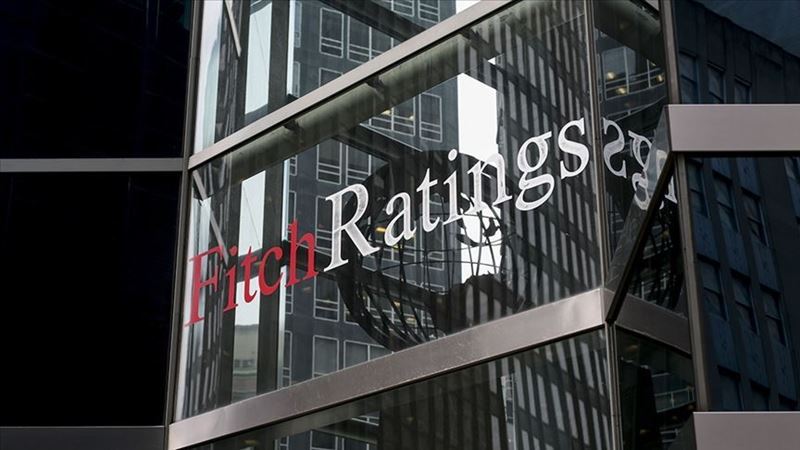According to a statement from international rating agency Fitch Ratings, the rapid growth in wages in the UK will lead to continued service sector inflation, increasing the likelihood of the Bank of England (BoE) increasing the policy rate at its meeting in September.
Headline inflation, which was 6.8 percent in July, is expected to decrease to 5 percent by the end of this year, while the decrease in energy and food inflation is expected to contribute to this decrease.
Although core inflation, which remained stable at 6.9 percent in July, is also expected to slow, the increase in service sector inflation to 7.4 percent last month strengthens the possibility of increasing interest rates.
Although the BoE's current interest rate of 5.25 percent is projected as the peak level, it is estimated that the risk of the BoE raising the interest rate by 25 basis points to 5.5 percent has increased after the surprise developments in wage and core inflation data.
Reducing its growth forecast for the British economy to 1.2 percent, Fitch predicts that the risk of a stagflation period in the country has increased due to low growth, rising unemployment and high inflation. Since the middle of last year, economic growth has been flat in the UK, while higher growth rates have been seen in the Eurozone and the US.
Jessica Hinds, Director of Fitch's Economics Unit, said that despite positive developments in the labor market, service sector inflation will remain sticky in 2024 due to the rapid increase in private sector wages.
Salaries saw the highest annual increase since 2001
According to labor market data released by the British Office for National Statistics on August 15, unemployment in the UK increased by 0.3 percent to 4.2 percent in the April-June period.
In the second quarter of this year, the annualized increase in employees' regular salaries excluding bonuses was 7.8 percent, the highest annualized increase since 2001, when comparable records began to be kept.
While the increase, which exceeded expectations, raised inflation concerns in the country, wage increases are important for the BoE's monetary policy decisions.
BoE Governor Andrew Bailey had previously stated that the level of wage increases was unsustainable.











Comments
No comment yet.